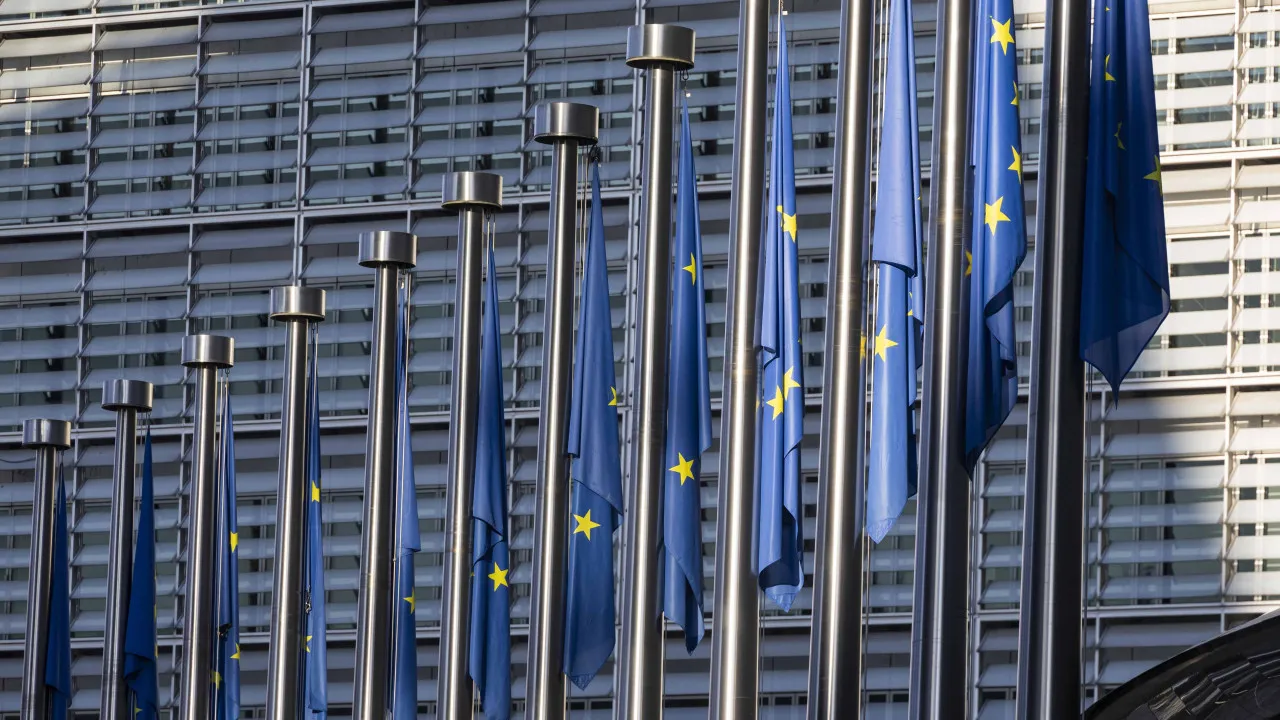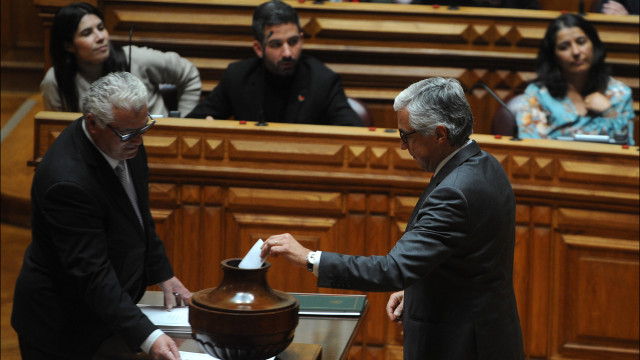
The new framework, effective until December 31, 2030, aims to expedite the approval of state aid dedicated to developing renewable energies, decarbonizing the industry, and ensuring sufficient production capacity for clean technologies.
Brussels allows countries to support the decarbonization of industrial processes with a maximum of 200 million euros per beneficiary through investments in electrification or carbon capture and storage, or by replacing polluting fuels with alternatives such as hydrogen or biomass.
According to a press release from the European Commission, the aid framework supports a wide range of decarbonization technologies, including electrification, hydrogen, biomass, carbon capture, utilization, and storage.
The framework simplifies state aid rules in five key areas, with a primary focus on the development of renewable energies and low-carbon fuels.
A temporary reduction of up to 25% in electricity prices for energy-intensive users is proposed to ensure the transition to clean and low-cost electricity, alongside the decarbonization of existing production facilities.
Member states will be able to support the development of clean technology manufacturing capacity in the European Union (EU), and mitigate the risk of private investments in clean energy, decarbonization, and clean technology infrastructure and projects supporting the circular economy.
The Clean Industry Pact defines concrete actions to transform decarbonization into a growth driver for European industries, such as reducing energy prices.




